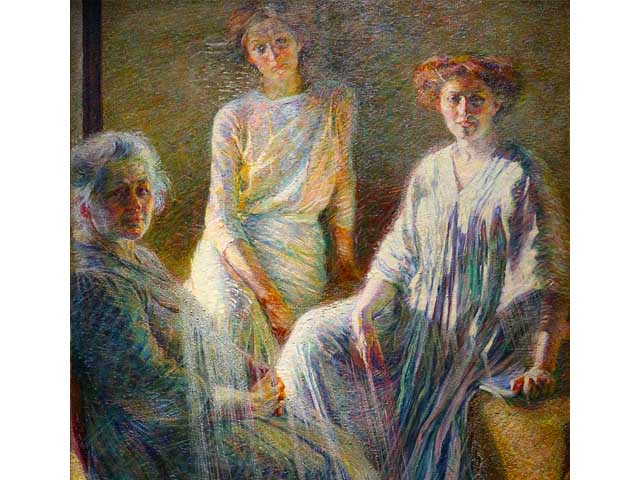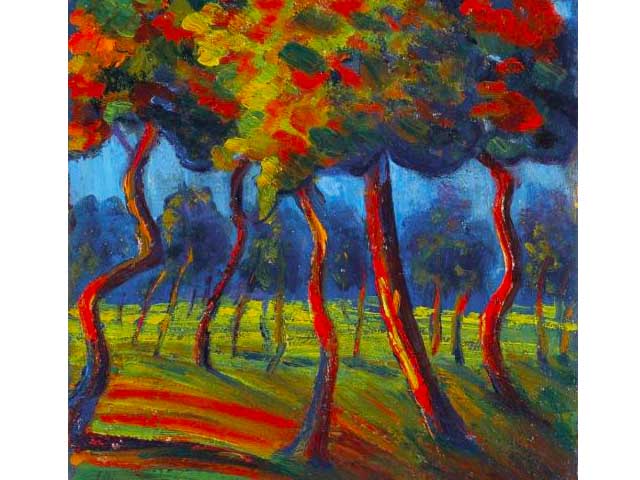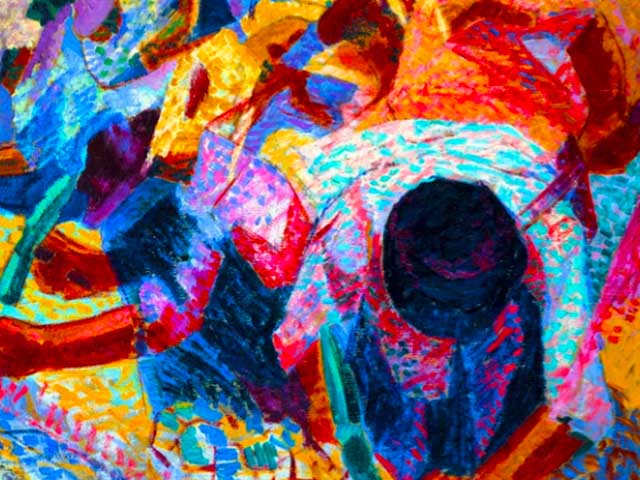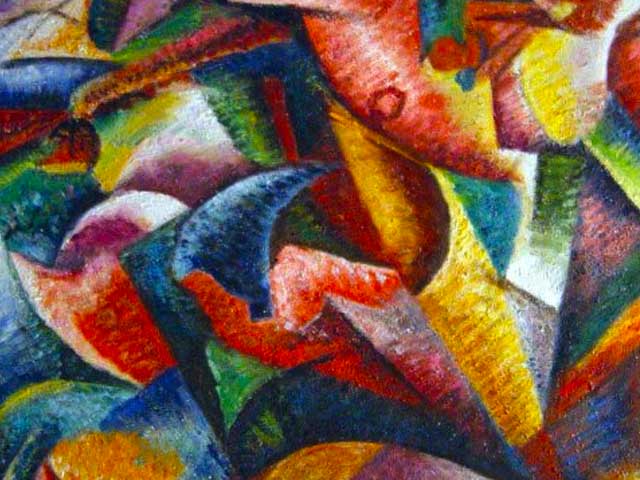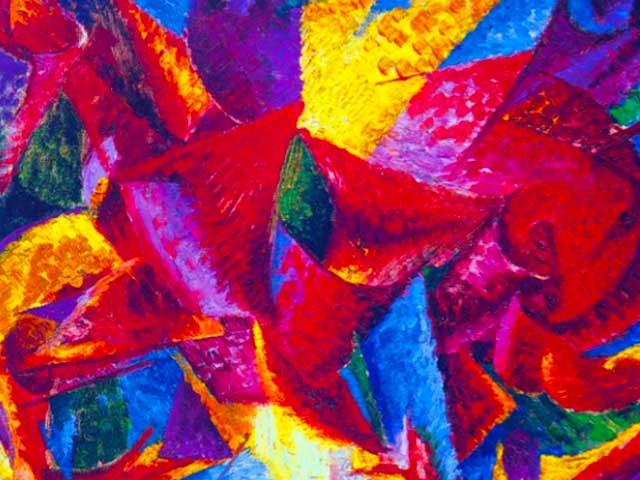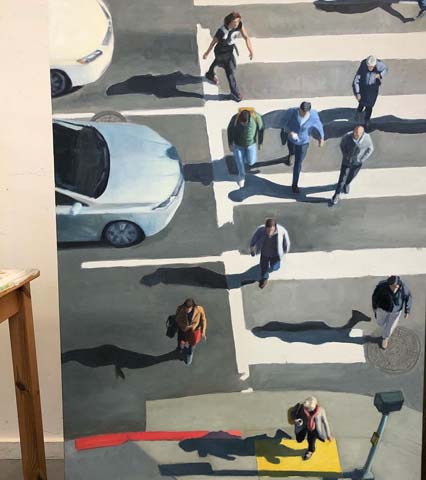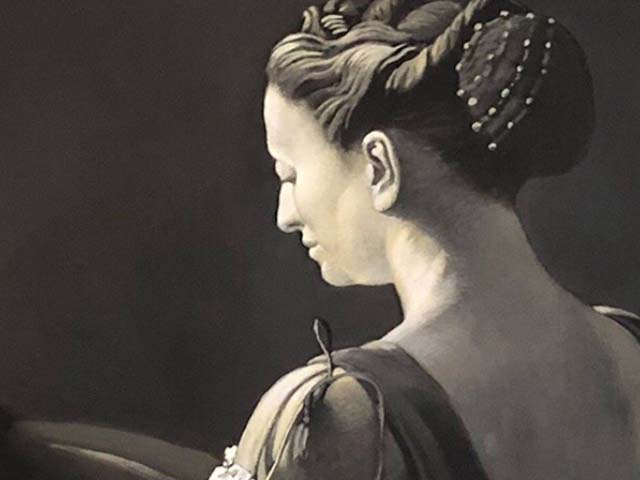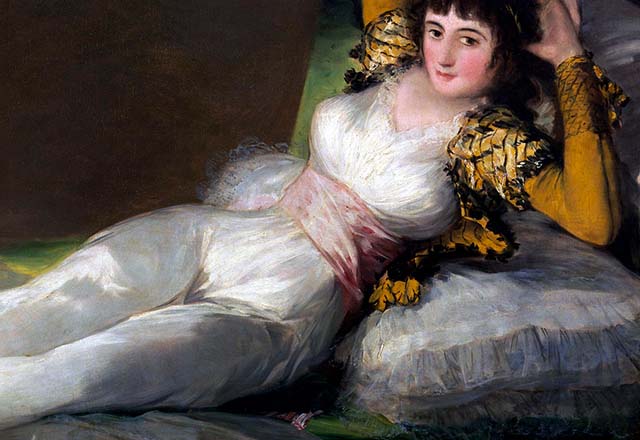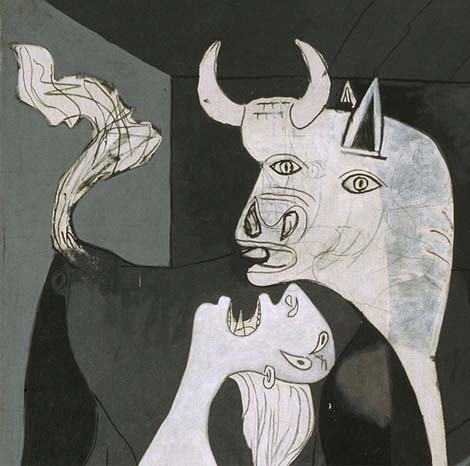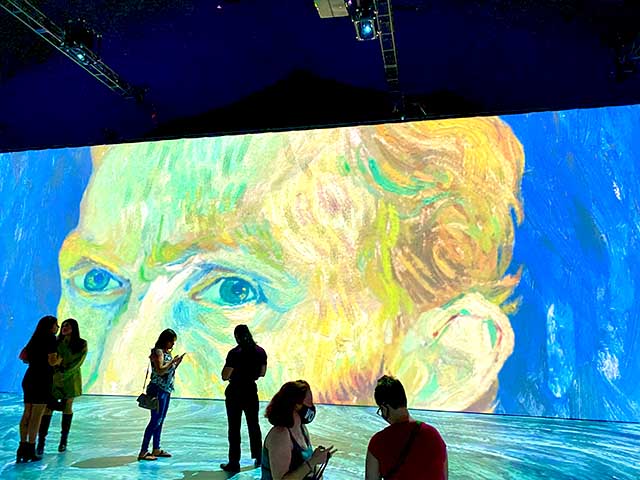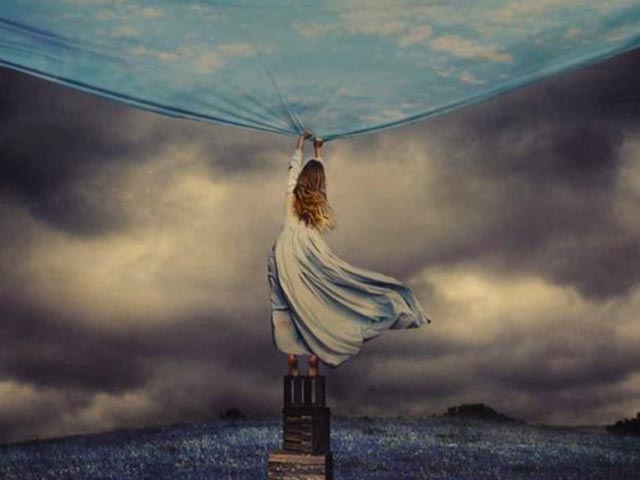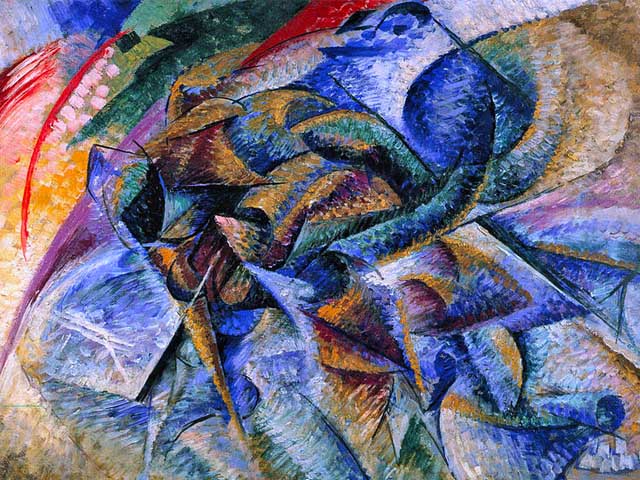
A Revolutionary Vision: The Birth of Futurism
Breaking with Tradition: The Art of Speed, Motion, and Modernity
The future is here! With relentless energy and radical innovation, Umberto Boccioni helped launch a movement that shattered tradition and embraced the pulse of modern life.
As we turn the page and embrace a new year, it’s the perfect time to reflect on an artistic revolution that sought to break from the past and redefine the way we see the world—Futurism. Emerging in Italy in the early 20th century, this movement rejected nostalgia and classical ideals, instead celebrating speed, movement, and the dynamism of industrialization.
At the heart of Futurism was Boccioni, an artist whose visionary works redefined motion, space, and human expression. His radical approach challenged the static nature of traditional art, making him one of the most influential figures in modernism.
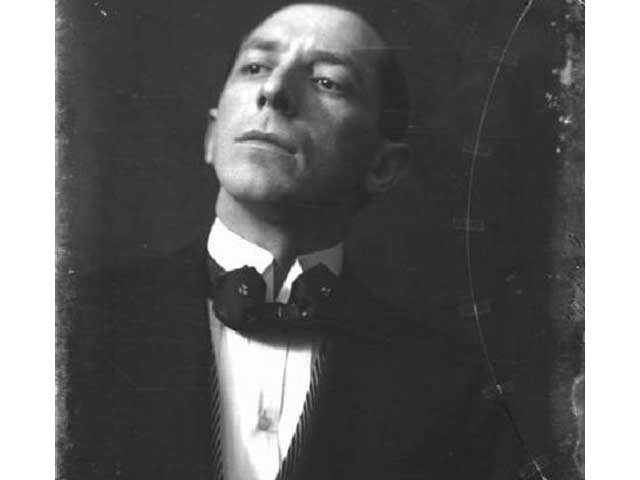
A Revolutionary Vision: The Birth of Futurism
Looking back, Futurism may seem like a movement of the past—after all, it emerged over a century ago. But at the time, it was a revolution. It was bold, intellectual, and dynamic—a way of seeing the world through a new lens, one that dismissed tradition in favor of progress, energy, and innovation.
Leading the charge was Umberto Boccioni, who believed that scientific advancements and the modern experience required a radical shift in artistic representation. He rejected the depiction of static, legible objects, instead seeking to convey movement, flux, and the interpenetration of forms. He summed up this concept with the term “physical transcendentalism.”
Boccioni’s paintings vibrate with energy, dissolving figures and objects into their surroundings. His works are fragmented, fluid, and alive, capturing the momentum of a rapidly changing world.
The City Rises (1910) – This masterpiece exemplifies the Futurist ideology, with swirling colors and blurred forms conveying the explosive energy of urban expansion.
Dynamism of a Cyclist (1913) – Here, Boccioni translates speed onto canvas, using layered brushstrokes to create the sensation of forward motion.
While his paintings were groundbreaking, Boccioni’s most revolutionary contribution to Futurism was his work in sculpture. His most famous piece, Unique Forms of Continuity in Space (1913), is a defining icon of modern art. Depicting a striding figure that melts and flows as it moves, this sculpture embodies the Futurist obsession with progress, mechanization, and the fusion of human and machine.
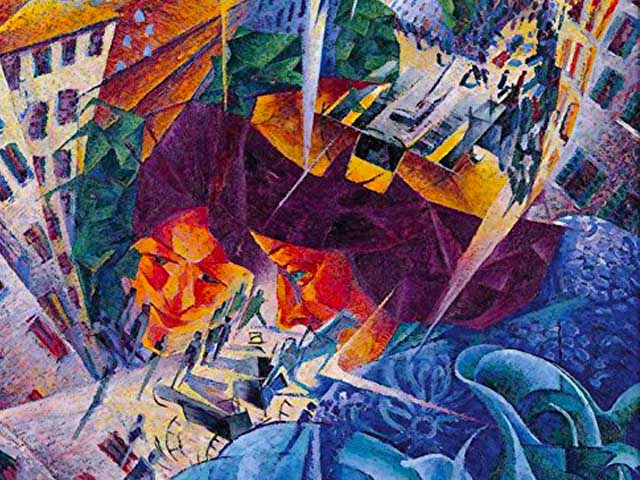
Paris Changed Boccioni’s View of the World
Born in 1882 in Reggio Calabria, Boccioni spent most of his life in Genoa, where he studied classical art and Impressionism. Early in his career, he trained under Giacomo Balla, an artist known for his mastery of Divisionism, an Italian variation of Pointillism. However, Boccioni soon left behind Impressionism and embraced a completely new vision—one that would shape the course of modern art.
His theories and artistic approach developed further during a pivotal period in Paris, where Futurism took on a more structured form. Painting with a fresh perspective, Boccioni declared:
“While the impressionists paint a picture to give one particular moment and subordinate the life of the picture to its resemblance to this moment, we synthesize every moment (time, place, form, color-tone) and thus paint the picture.”
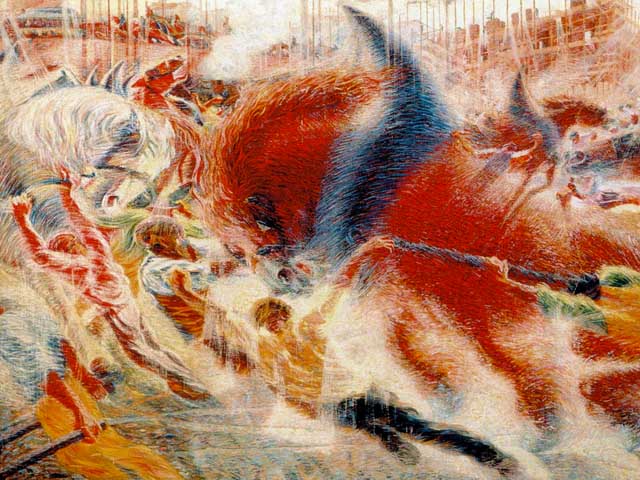
A Life Cut Short but a Legacy That Endures
Like his fellow Futurists, Boccioni was a fierce supporter of interventionism and campaigned for Italy’s entry into World War I. When Italy joined the war in 1915, he enlisted as a soldier. Tragically, in August 1916, he suffered a fatal fall during a cavalry exercise, dying the next day at the young age of thirty-three.
Despite his early death, Boccioni remains the most celebrated artist of the Futurist movement. Over a century later, his work continues to influence modern art, reminding us that progress is unstoppable, motion is constant, and creativity thrives when we embrace the future.
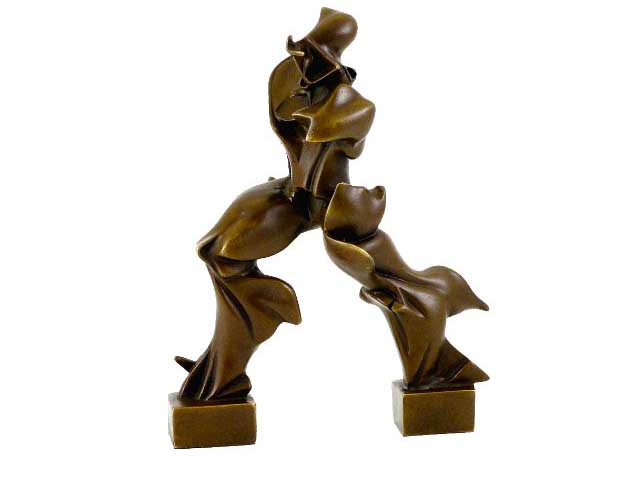
Happy New Year from Melissa and the Art of Loving Italy Blog!
A New Year, A New Vision. As we step into a new year, I hope we do so with the same bold spirit that inspired Boccioni—leaving behind what no longer serves us and embracing a vision of progress, energy, and transformation.
So charge forward into the future—and whatever you do, try to stay on that horse!
